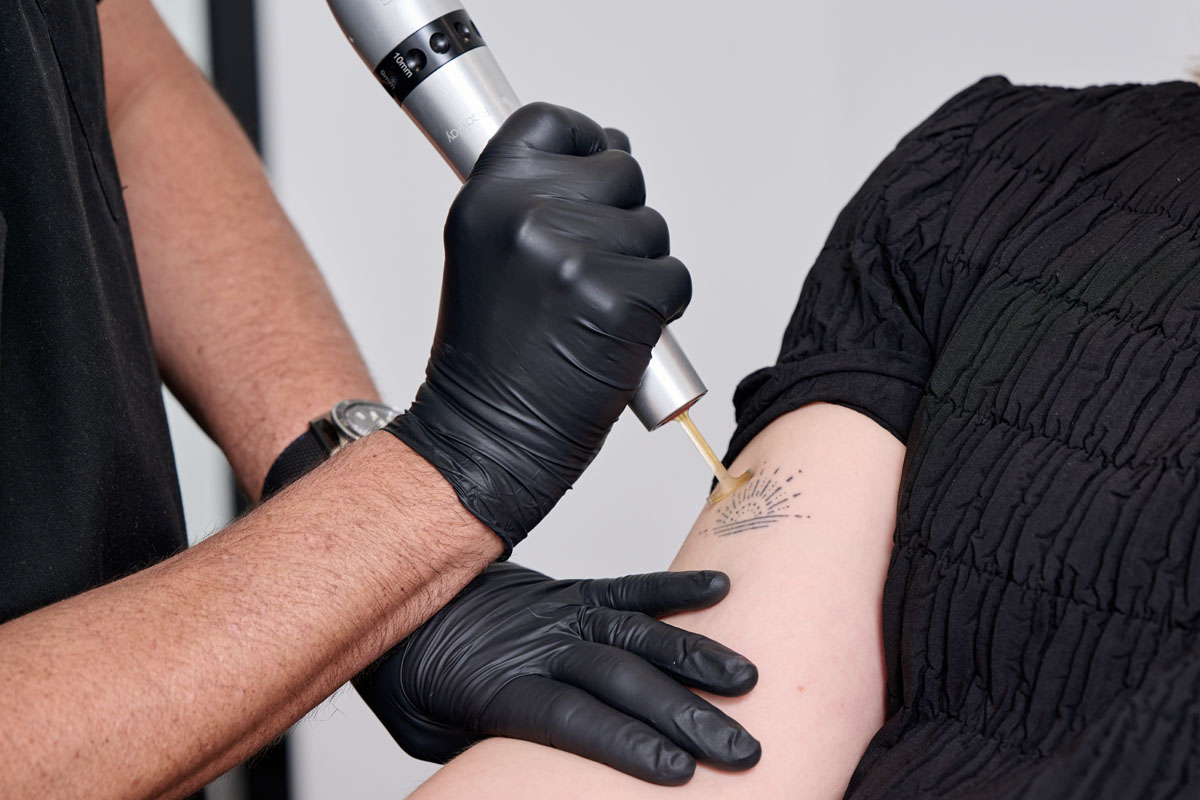Many individuals encounter tattoo regret, whether due to a change in personal taste, life circumstances, or other factors. While tattoos are meant to be a form of self-expression and personal significance, they don’t always hold the same meaning over time. This blog explores the stories of those who have experienced tattoo regret, the common reasons behind it, and the solutions available to address it.
Personal Stories of Tattoo Regret
Story 1: A Symbol of a Past Relationship
Many people regret tattoos that symbolize past relationships. For instance, Sarah, who got her partner’s name tattooed on her arm during a passionate phase of her life, regretted the decision after their relationship ended. “It was a constant reminder of a time I wanted to forget,” she explains.
Story 2: An Impulsive Decision
Another common story involves tattoos made on a whim. Alex, who impulsively got a tattoo during a night out, later regretted the choice due to its poor design and lack of personal significance. “I didn’t really think it through,” Alex admits. “Now, I wish I had spent more time considering the design and its meaning.”
Story 3: A Changed Identity
Some people regret tattoos that no longer align with their evolving identity. Emily, who had a tattoo representing a past belief system, found it increasingly at odds with her current values. “As I grew and changed, so did my beliefs,” she shares. “The tattoo no longer reflected who I am today.”
Common Reasons for Tattoo Regret

1. Changes in Personal Identity
As people grow and change, their tattoos may no longer represent their current self or beliefs. What seemed meaningful at one point can lose its significance over time.
2. Impulsive Decisions
Tattoos made impulsively or without proper consideration can lead to regret. Whether it’s a spontaneous decision or a tattoo chosen hastily, these can often result in dissatisfaction.
3. Relationship Changes
Tattoos commemorating relationships, especially those that end, can become sources of regret. The personal significance of a relationship tattoo may diminish after a breakup or falling out.
4. Quality and Design Issues
Poorly executed tattoos can lead to regret, whether due to design flaws or bad artistry. Tattoos that don’t meet expectations in terms of design and quality are common sources of dissatisfaction.
Solutions for Tattoo Regret
1. Tattoo Removal
Tattoo removal has become increasingly effective with advancements in technology. Options include:
- Laser Removal: This uses laser technology to break down tattoo ink, allowing the body to remove it over time naturally. Multiple sessions are often required.
- Surgical Removal: This method involves surgically excising the tattooed skin. It may leave scarring and is usually reserved for smaller tattoos.
2. Tattoo Cover-Ups

Cover-ups involve creating a new tattoo design over the existing one. This method can effectively hide or transform the old tattoo into something new and meaningful. Considerations include:
- Consultation with a Professional Artist: A skilled tattoo artist can design a cover-up that suits the existing tattoo and your new vision.
- Design Compatibility: The new design should be carefully planned to effectively cover the old tattoo and fit well with the existing ink.
3. Embracing the Tattoo
For some, accepting and embracing the tattoo as part of their history can be a positive way to deal with regret. Reflecting on the experience and its representation in their journey can offer a new perspective.
Tattoo regret is a common experience, but effective solutions are available to address it. Whether you choose to remove, cover-up, or embrace your tattoo, understanding the reasons behind your regret can help you make an informed decision. Tattoos are deeply personal, and finding a way to move forward confidently is key to overcoming regret and embracing your journey.




